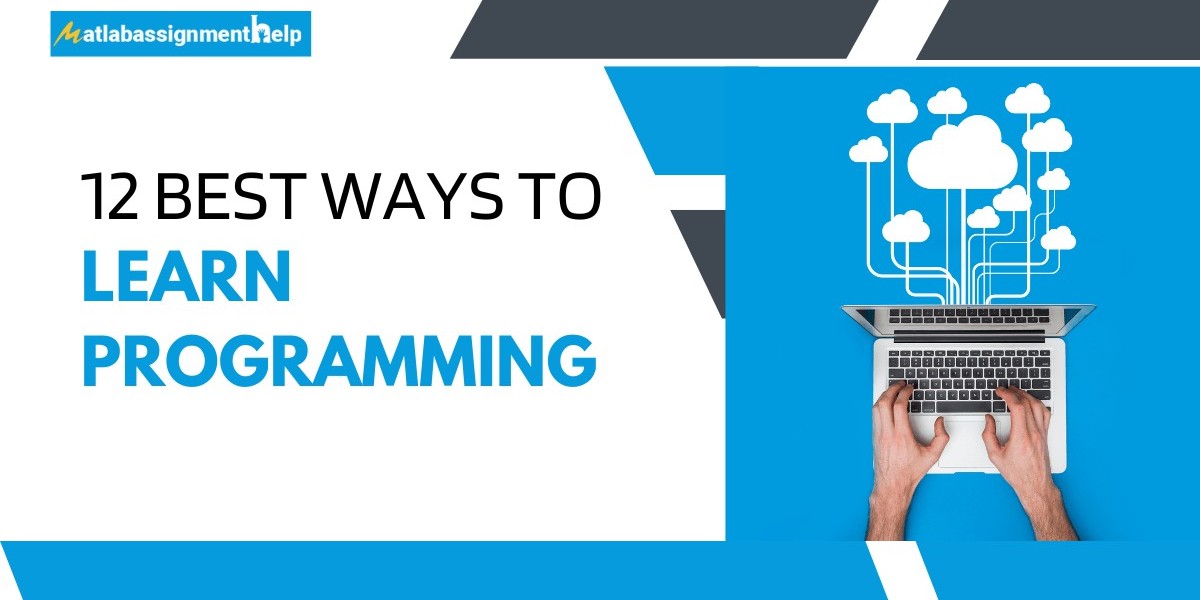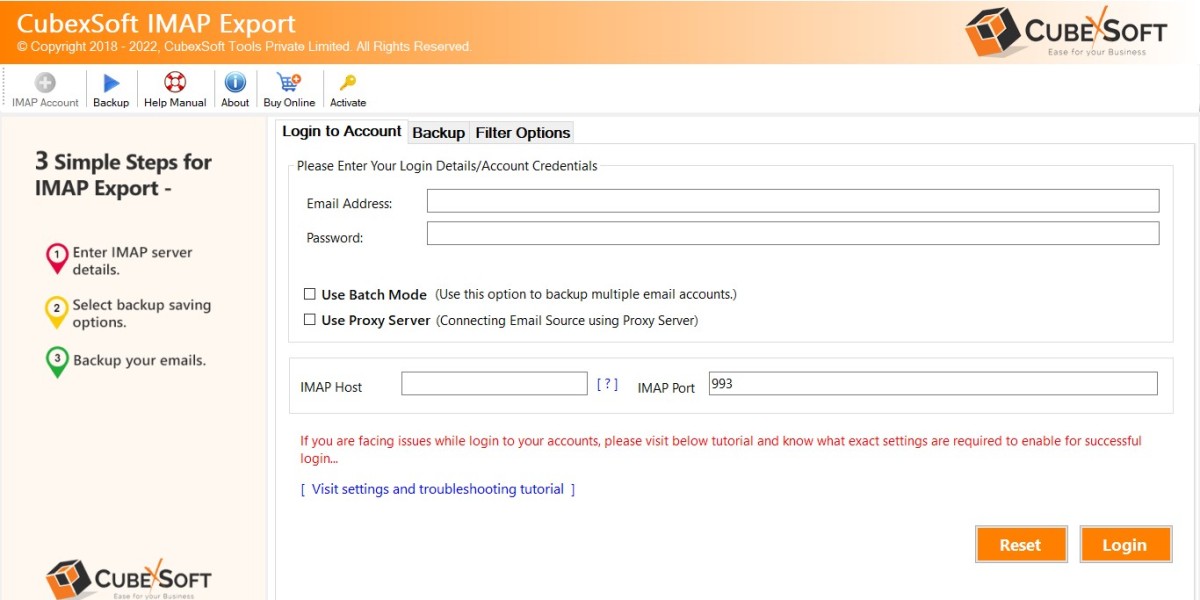Programming is the process of giving instructions to a computer to perform specific tasks or solve particular problems. These instructions are written in a programming language, which serves as a bridge between human language and the binary language that computers understand.
what is programming
Programming is the art and science of instructing computers to perform specific tasks or solve problems by providing a set of precise and logical instructions, known as code. It involves designing algorithms, writing code in programming languages, and then running that code through a computer's compiler or interpreter to execute the intended tasks. Programming is a versatile skill with applications in diverse fields, including software development, web development, data analysis, and artificial intelligence. It empowers individuals to harness the computational capabilities of computers to automate processes, manipulate data, and create software applications that range from simple scripts to complex systems. In essence, programming is the language through which humans communicate with and leverage the power of computers to achieve their objectives.
12 ways to learn programming
here are the 12 best ways to learn programming in 2023
Online Tutorials and Courses: There are countless online platforms like Coursera, Udemy, edX, and Khan Academy offering programming courses for beginners and advanced learners.
Interactive Coding Platforms: Websites like Codecademy, LeetCode, and HackerRank provide hands-on coding experiences and challenges to improve your coding skills.
Books: Many comprehensive programming books are available, catering to different languages and skill levels. Some popular options include "Python Crash Course" and "Eloquent JavaScript."
YouTube Tutorials: There are numerous YouTube channels dedicated to programming tutorials, where you can find step-by-step guides and explanations for various languages and topics.
Coding Bootcamps: Coding bootcamps offer intensive, short-term programs that teach you coding skills quickly. Some well-known bootcamps include General Assembly and Flatiron School.
University or College Courses: Enrolling in a formal computer science program at a university or college can provide a structured learning path.
Code Along with Projects: Start with small projects and build your way up. You can find project ideas on platforms like GitHub and start contributing to open-source projects.
Forums and Online Communities: Join forums like Stack Overflow and communities like GitHub to seek help, collaborate, and learn from experienced developers.
Podcasts: Programming podcasts can provide insights, tips, and inspiration. Check out podcasts like "CodeNewbie" and "Software Engineering Daily."
Coding Challenges and Competitions: Participate in coding challenges like Google Code Jam, Facebook Hacker Cup, and TopCoder to test your skills and learn by competing.
Mentorship: Finding a mentor can be invaluable. They can guide you, answer questions, and help you navigate the complexities of programming.
Practice: Consistent practice is key. Code daily, work on personal projects, and apply what you've learned to reinforce your skills.
Note: Also read the blog "matlab vs mathematica"
Conclusion
In conclusion, programming is the foundation of our digital age, enabling us to shape the behavior of computers to suit our needs. It is a creative and problem-solving discipline that empowers individuals to transform ideas into functional software, making it an essential skill in a technology-driven world. Whether you're a beginner or an experienced developer, learning and mastering programming languages opens up a world of possibilities for innovation, automation, and problem-solving, driving progress and innovation in countless fields and industries.








